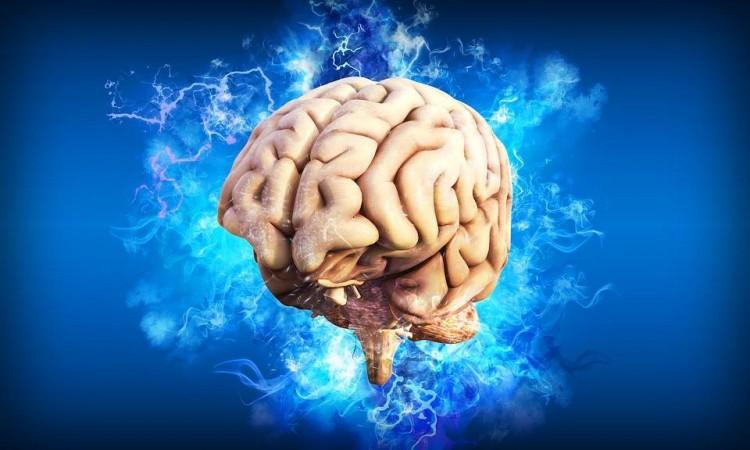An international team of researchers has, in a new study, claimed that SARS-CoV-2, the virus that causes Covid-19, does not infect human brain cells, raising hopes that Covid-related damage to sense of smell may be more superficial than previously feared.
The study, published in the journal Cell, showed that the virus infects sustentacular cells -- associated with structural support -- but not olfactory sensory neurons (OSNs), which are responsible for initiating smell sensations, as thought earlier, the Guardian reported.
The study challenges previous research that suggested the Covid virus infects neurons in the membrane that lines the upper recesses of the nose. This membrane, called the olfactory mucosa which contains OSNs, is where the virus first lands when it is inhaled.

Olfactory dysfunction affects an estimated half of all Covid-19 patients. In one in 10 of those, the loss or change of smell is long-term, perhaps permanent.
But if the virus only infects the sustentacular cells, then the damage could be less long-lasting, the report said.
According to Peter Mombaerts, Director at the Max Planck Research Unit for Neurogenetics in Frankfurt, this could be the result of support for the OSNs breaking down, even if they themselves are not infected. They may function below par, or stop functioning altogether, until the sustentacular cells regenerate, the report said.
For the study, the team adapted a form of skull base surgery to remove tissue from the olfactory mucosa and bulb of Covid-19 patients within about an hour of their death.

In 30 of the patients, the researchers were able to detect that the virus was still replicating -- meaning the patients had died in the acute, contagious phase of the disease.
The results did "not show any OSNs as being damaged or there being fewer of them, or the OSNs near infected sustentacular cells as being different in any way from those not near infected cells," said Stuart Firestein, a neurobiologist at Columbia University in New York City.
In only six of the 30 patients was the virus detectable in the olfactory mucosa itself. "Overall the numbers are thus really low to make any strong conclusions," said Debby Van Riel, a virologist at Erasmus University in Rotterdam, the Netherlands.
If the study results are confirmed, people experiencing Covid-related loss of smell can be reassured that the virus has not infected their brains, and that future therapies targeting the understudied sustentacular cells could alleviate or cure their condition.
Disclaimer: This story has been sourced from IANS, a third party syndicated news agency. IBT India accepts no responsibility or liability for its dependability, trustworthiness, reliability and data of the text. IBT management/ibtimes.co.in reserves the sole right to alter, delete or remove (without notice) the content in its absolute discretion for any reason whatsoever.









